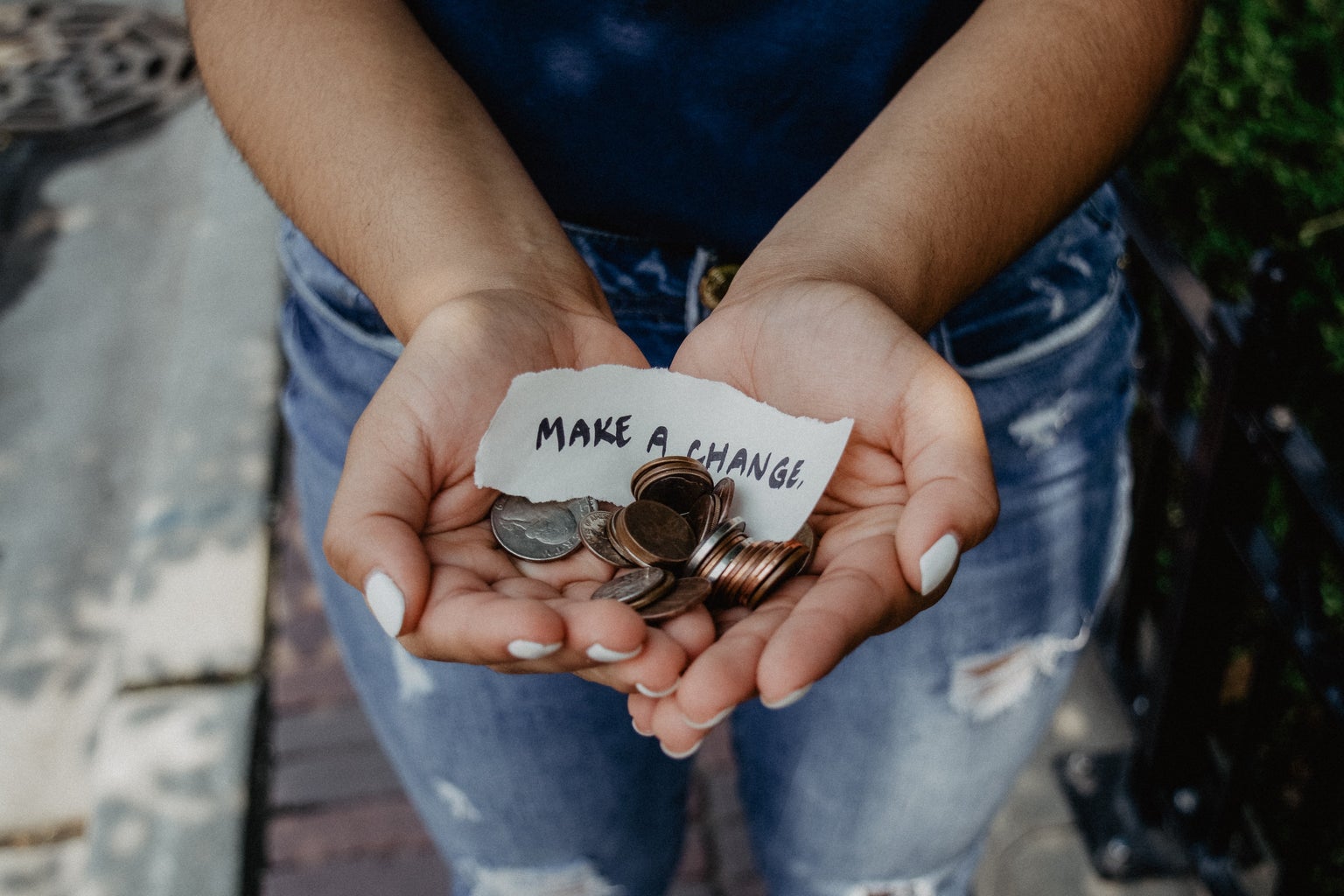When you hear the phrase “Does Money Buy Happiness?” the world we’ve all grown up in seems to want us to believe that the answer to that question is no. For example, you can’t buy friendships, you can’t buy relationships between people that have been built for years, and you can’t go to the grocery store and pick up feelings on a shelf. Happiness is a feeling and something not everyone always experiences. I do think that there’s much more to this phrase and that there isn’t a right or wrong response.
The reality is that we all spend money and for most of us it is a limited resource. Money is important to happiness. Ask anyone who doesn’t have it. Having a higher income, for example, can give us access to homes in safer neighborhoods, better health care and nutrition, fulfilling work, and more leisure time. However, this only works up to a certain point. Once our income reaches a certain level and our basic needs for food, health care, safety, and shelter are met, the positive effects of money, such as buying your dream home, are often offset by the negative effects—such as working longer hours, or in more stressful jobs, to maintain that income.
When we wonder whether money can buy happiness, we may consider the luxuries it provides, like expensive dinners and lavish vacations. But cash is key in another important way, in that it helps people avoid many of the day-to-day hassles that cause stress. Money can provide calm and control, allowing us to buy our way out of unforeseen bumps in the road, whether it’s a small nuisance, like dodging a rainstorm by ordering up an Uber, or a bigger worry, like handling an unexpected hospital bill.
A Lexus ad once said, “Whoever said money can’t buy happiness isn’t spending it right.” I think that money can help you find more happiness, so long as you know just what you can and can’t expect from it. And no, you don’t have to buy a Lexus to be happy. Before you can pursue happiness the right way, you need to recognize what you’ve been doing wrong. I think that one of the main issues is simply that most people are never satisfied.
We always think if we just had a little bit more money, we’d be happier, but when we get there, we’re not. Oftentimes the more you make, the more you want. The more you have, the less effective it is at bringing you joy, and that seeming paradox has long bedeviled economists. I think that it eventually plateaus once you get basic human needs met, and a lot more money doesn’t make a lot more happiness. While the rich are happier than the poor, the enormous rise in living standards over the past 50 years hasn’t made Americans happier.
Money buys physical things that we think will make us happier than they actually do. I believe that money can buy a pathway to happiness, but some of the richest people in the world are never happy. A sad truth to think about is, at the end of the day how happy are we? Is everyone always happy? Going out into the world you’ll only ever see what people want you to see, or a facade of sorts. We just have to find it in ourselves to believe that others are happy, and do our part in not dampening someone else’s happiness. People have to stop comparing themselves and how much money they have to one another. Just because someone might have a few extra dollars in their paycheck doesn’t by any means show that they’ll be happier. Your happiness at the end of the day is only controlled by you. Sure, money seems to play a role in that, but it isn’t the end all be all for how you feel going through life.
Can’t get enough of HC UMass Amherst? Be sure to follow us on Instagram, listen to us on Spotify, like us on Facebook, and read our latest Tweets!




